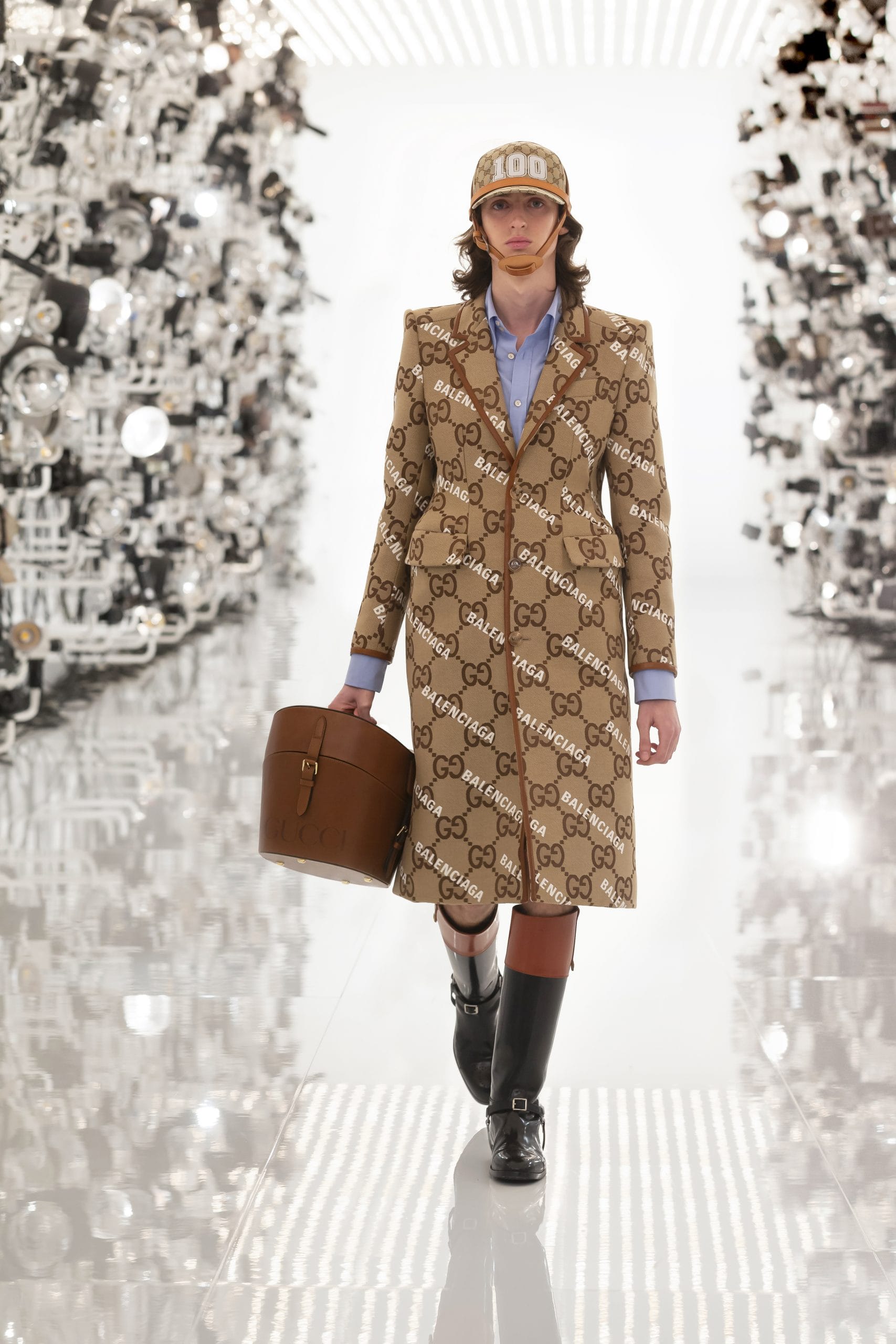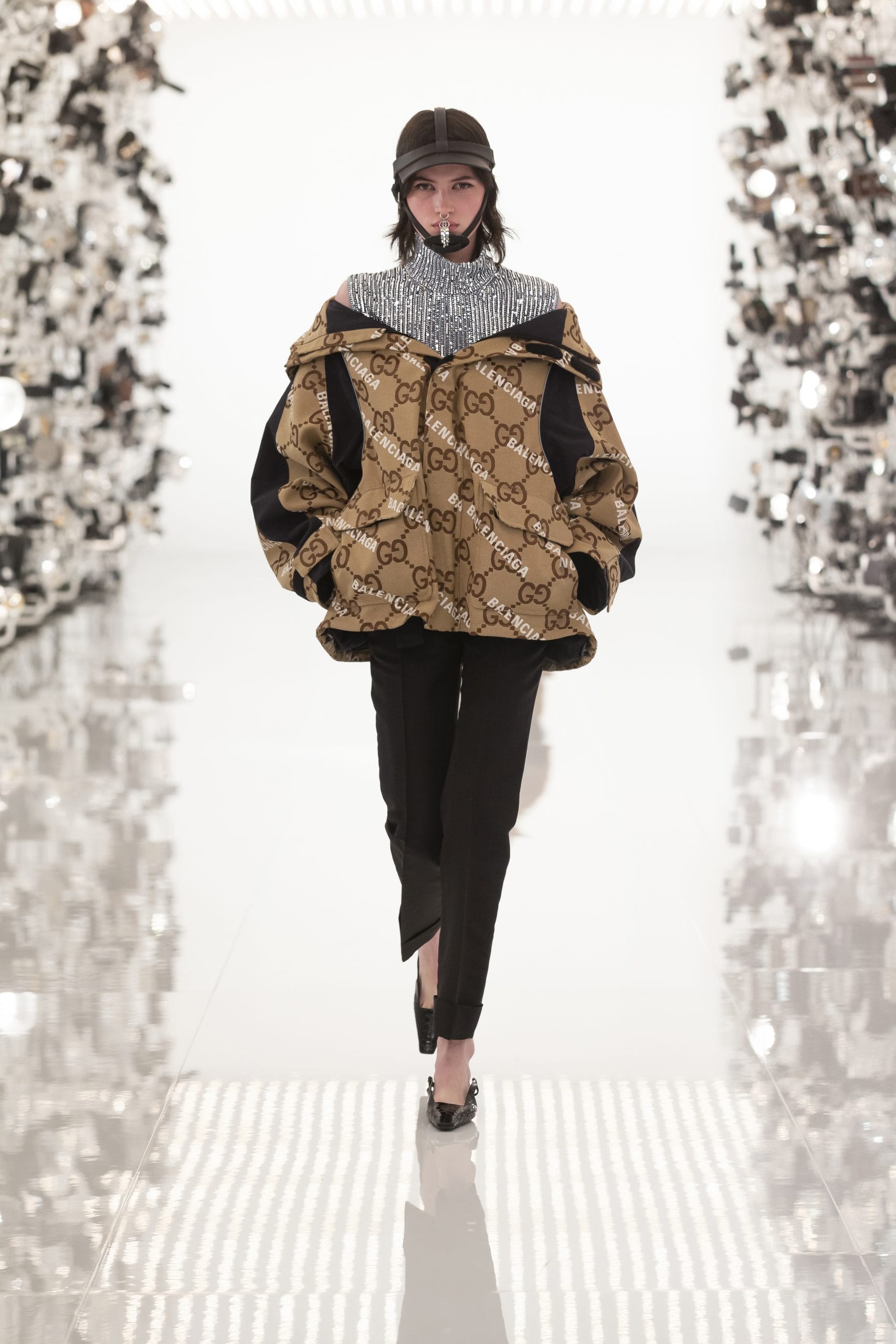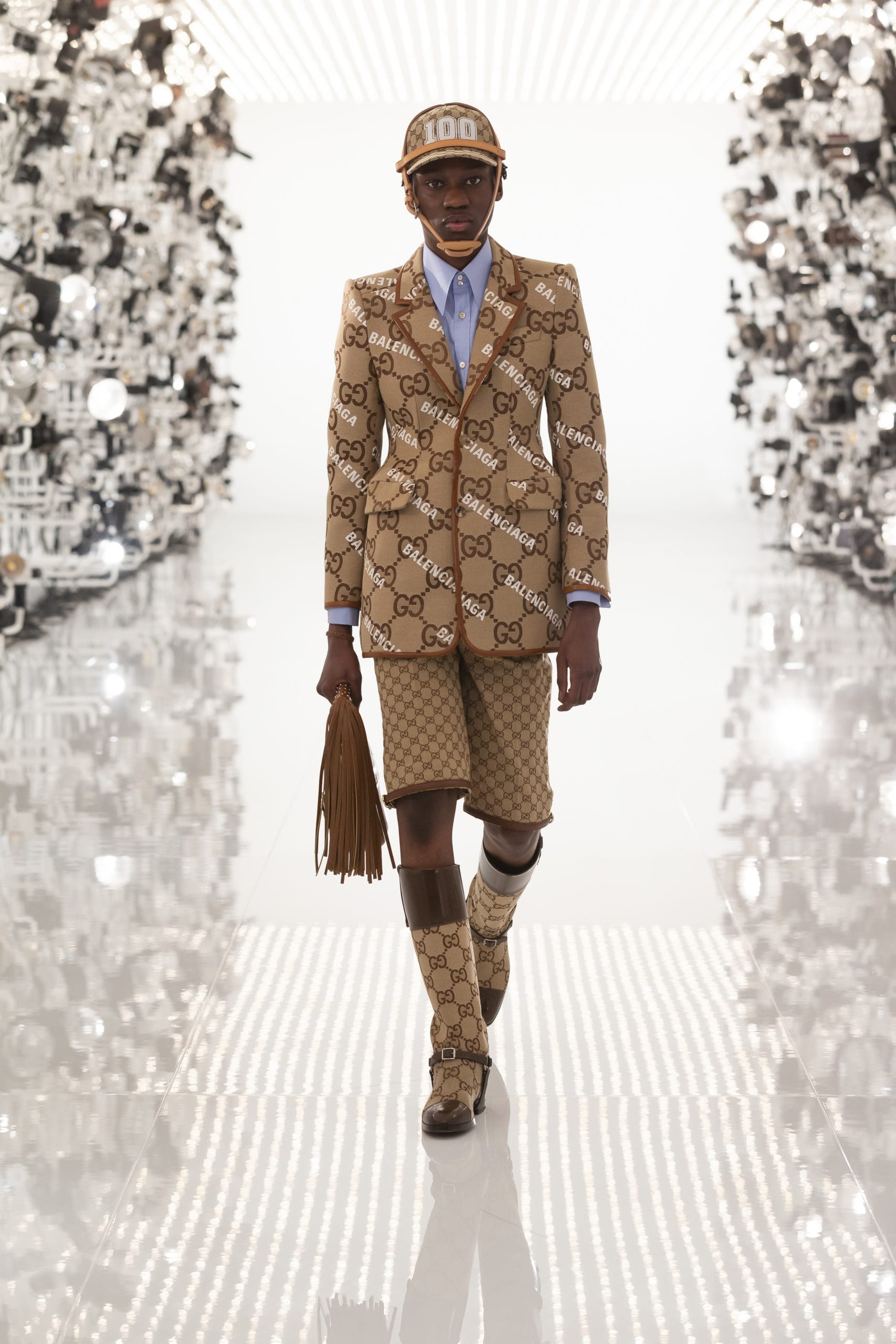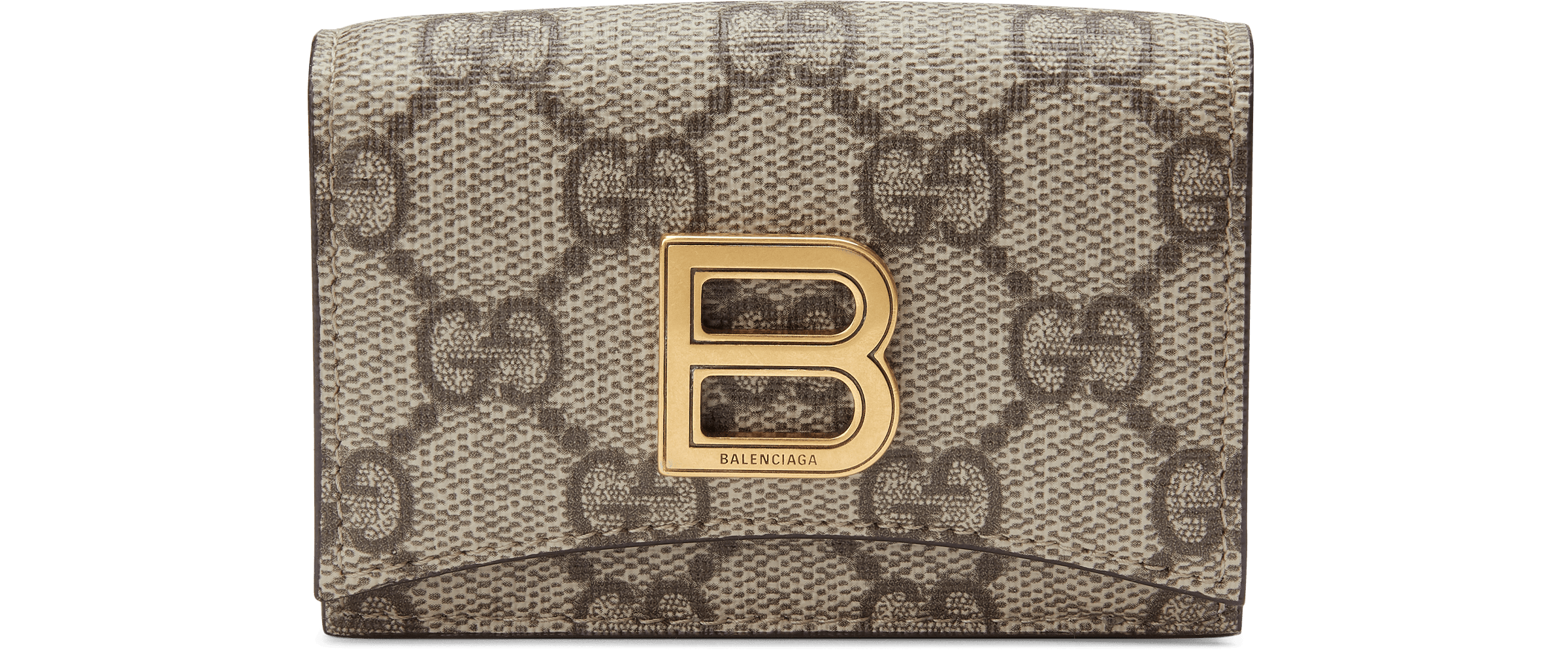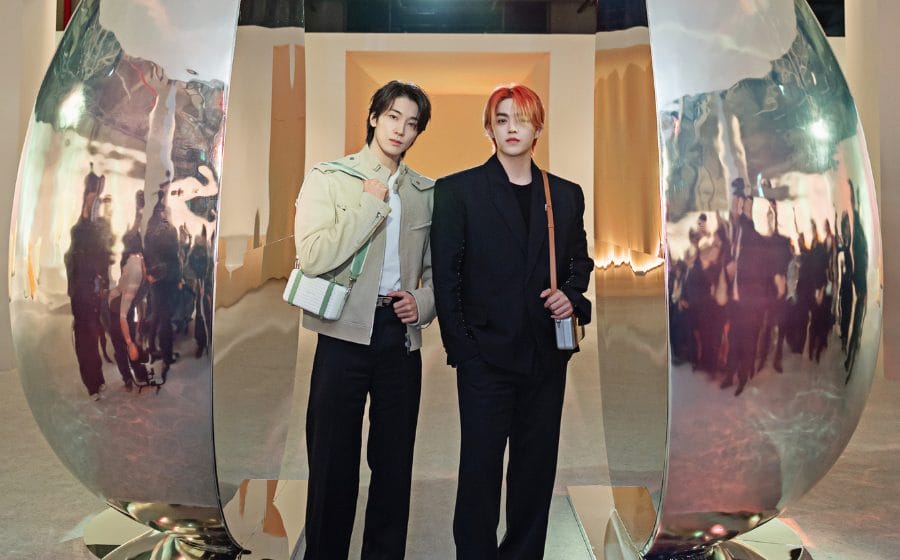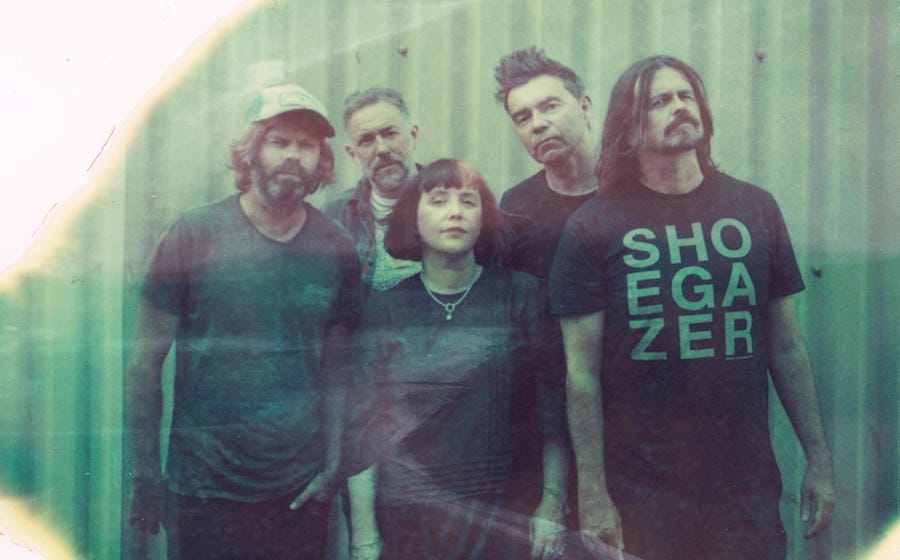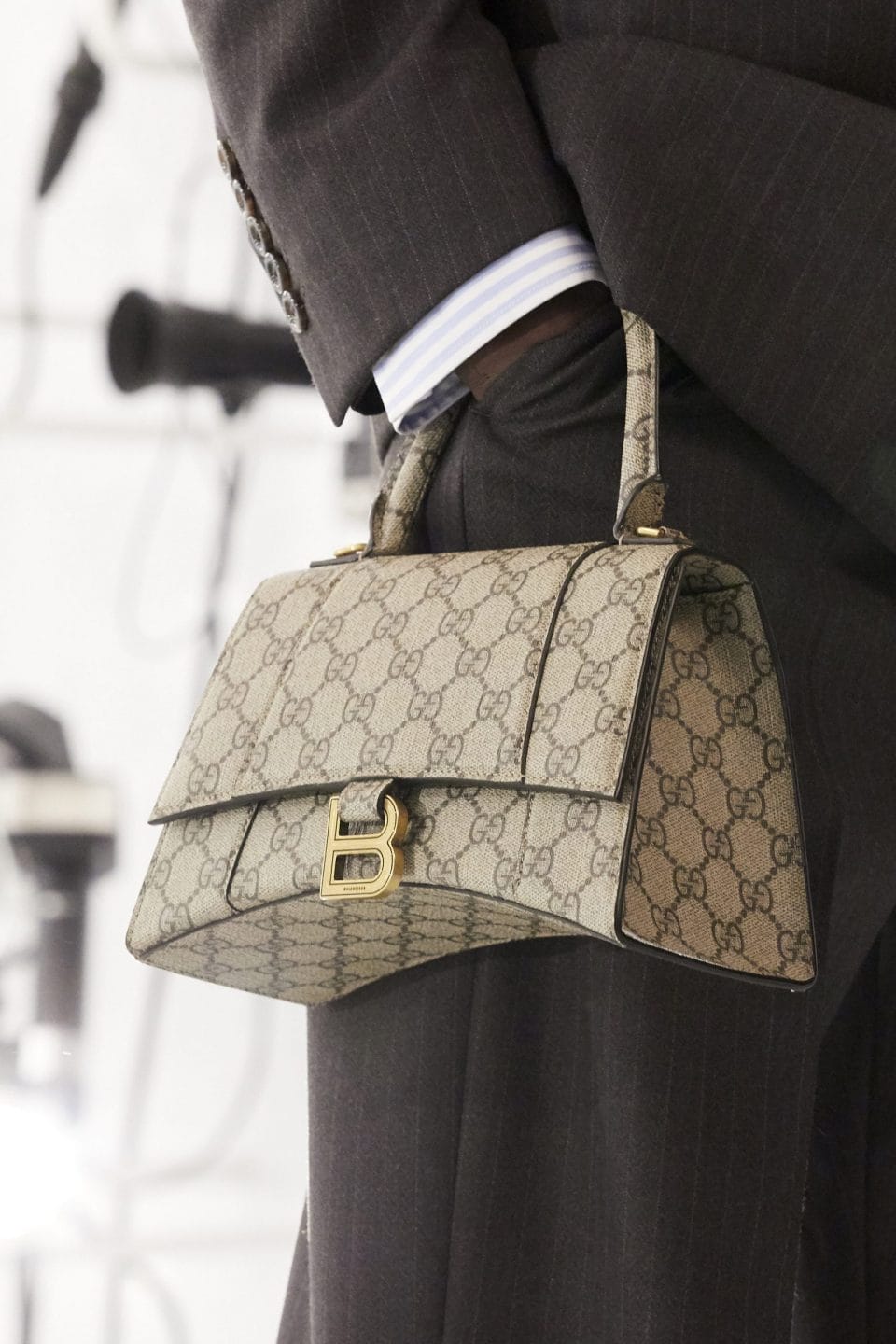
The Hacker Project sees an amalgamation of Alessandro Michele’s Gucci and Demna Gvasalia’s Balenciaga, and a sublime rendition of how a luxury House should operate away from gatekeeping its history and codes to keep itself relevant.
__
As far as one can remember, collaborations within the fashion industry have always felt like a fever dream. It presents itself as a rendition of the illegitimate. An intentional perplexity and cross-pollination of two individually-driven voices. It feels wrong, weird and therefore exciting. Coupled with the fact that the history of each House has always deterred such possibilities, it instantly becomes current and demands one’s attention. A dissection of time, operational codes, and the formalities of contemporary culture.
Fashion has always stood on the principle that each House must distinctively stand out against each other. Through creativity and a touch of world-building, each name embroidered on hundreds of labels has always sought to speak its own language. It was these individualistic characteristics that brought about terms such as the “Tom Ford, velvet-clad Gucci girl”, exonerating fans of a specific era in the label’s history who have remarkably mirrored their personality and style to that of the House. Therefore, when two worlds collide in a collaborative partnership, it becomes surreal, almost meta. It feels as though it should never happen, but nonetheless did.
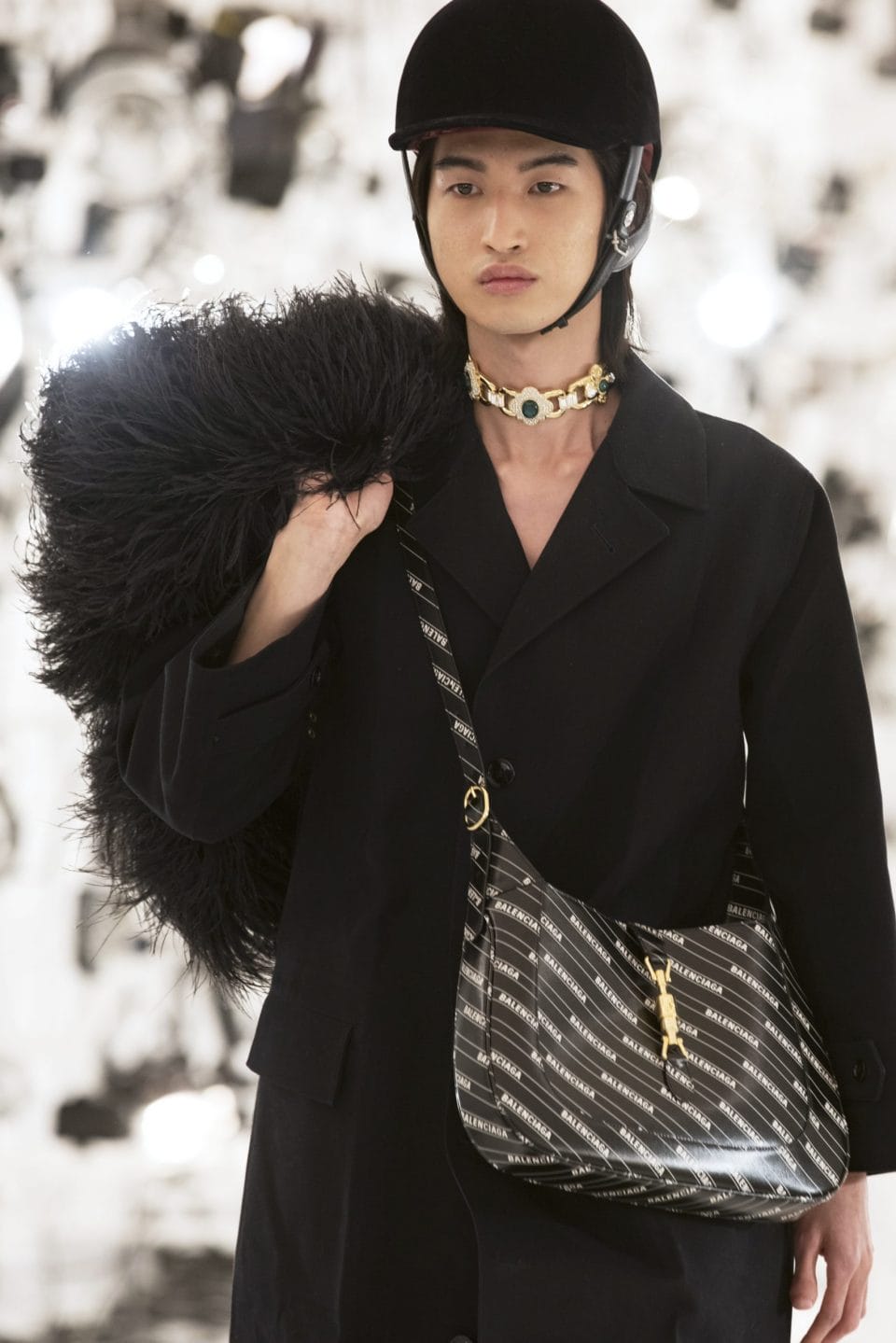
Earlier this year, Gucci rolled out the crème de la crème of this fantasy. Its centennial collection — dubbed Gucci Aria — was equal parts a nod to its founding, a homage to Tom Ford’s brilliant revival of the House, and an inquiry in what makes a House in the modern era. The latter portion of the collection saw an amalgamation of Alessandro Michele’s Gucci and Demna Gvasalia’s Balenciaga appearing now and then in the presentation. “Codes” established by Gvasalia since his tenure in 2016, from the audacious tailoring to the element of European streetwear through starchy windbreakers, were ceremonially given to Michele to make it his own through Gucci.
__
The result was sublime. It became the talking point for all fashion (and perhaps art) critics to discuss for months. The Hacker Project, or “Gucciaga”, was a compelling take on what defines a designer’s tenure and their impact on culture. It was a betrayal of the make-believe shrines and temples luxury Houses have built over the decades. The collection was neither insecure of what it meant today, nor hopeless to what will become of it after the passages of time. After all, what is the point of continuing a legacy when one can command a restart?
__
Do not call it a collaboration. Instead, call it a “hacking” of Gucci. For Michele, Gucci becomes a hacking lab made of incursions and metamorphoses. An alchemical factory of contaminations where everything connects to anything. He sees it as a filial affection honoured through ironically betraying the legacy handed down to him — the promise of a never-ending birth renewed through an evolving capacity.
__
By now, a brand that still inhibits House codes as the only way to carry itself through its contemporary collections will only appear worn out. It is an irrelevant notion of luxury-making today — a hesitance to let go of the past. The experimental post-ironic era partnership between Gucci and Balenciaga details that brands are no longer in the driver’s seat. All outdated notions and rules surrounding luxury fashion are going out the door. The hacking is a demonstration of operating without insecurities, of challenging ideas and innovating — because “business as usual” is bad for business
__
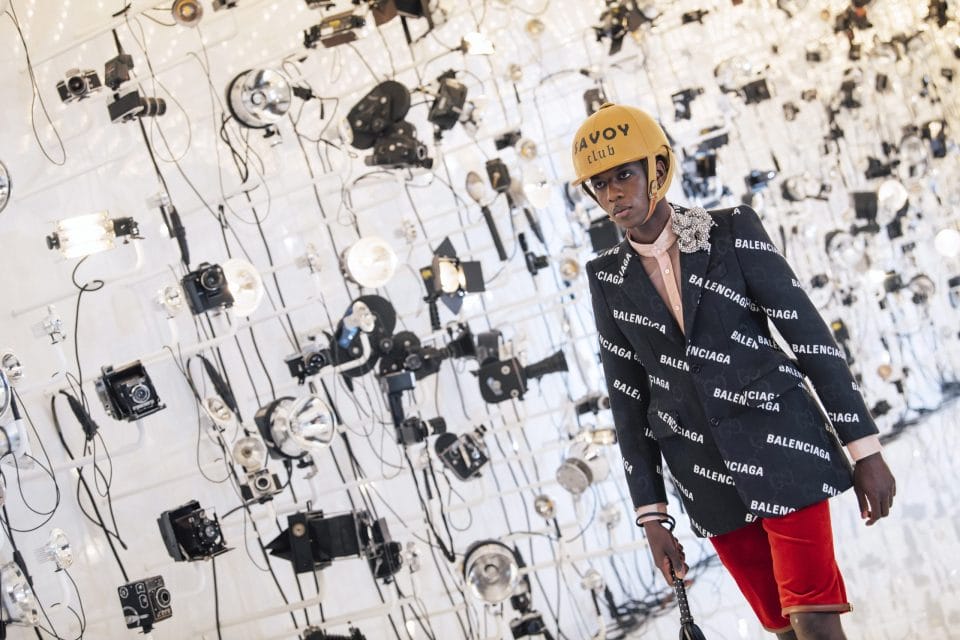
Fashion is the most immediate symptom of culture. Having already defined a new generation, the hack reflects how luxury businesses should move beyond self-righteousness for a successful change. The name of the hundred-year-old House that instantly clicks in one’s head as “glamorous”, “bourgeois”, and perhaps even “senselessly sexy” is now heavily described as “smart”, “intellectual”, and “downright good” instead. What Michele, or Gucci in general, says of its name does not immediately mean anything anymore. It is what we, the people, say that matters from now. It is now our Gucci — and Michele ensures it.
Once you’re done with this story about the Gucci Hacker Project, click here to catch up with our November 2021 issue!

